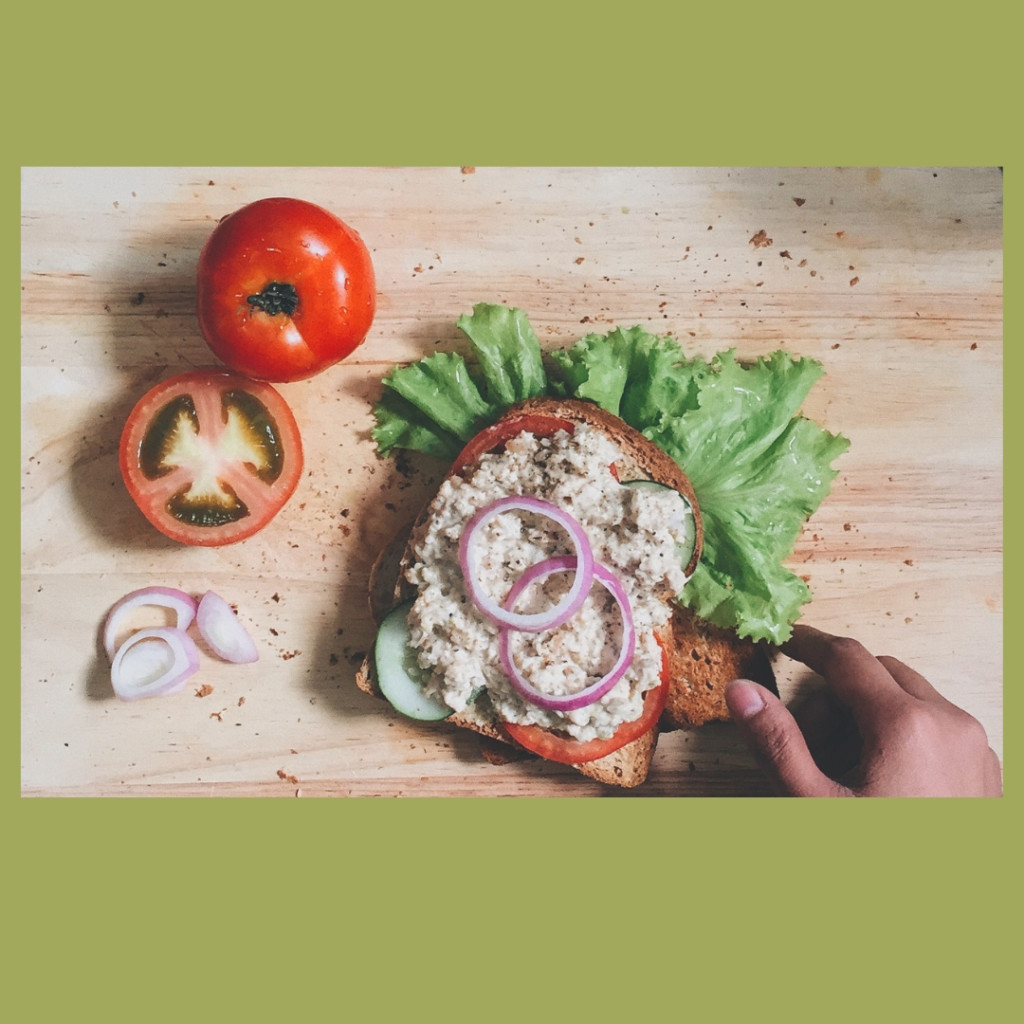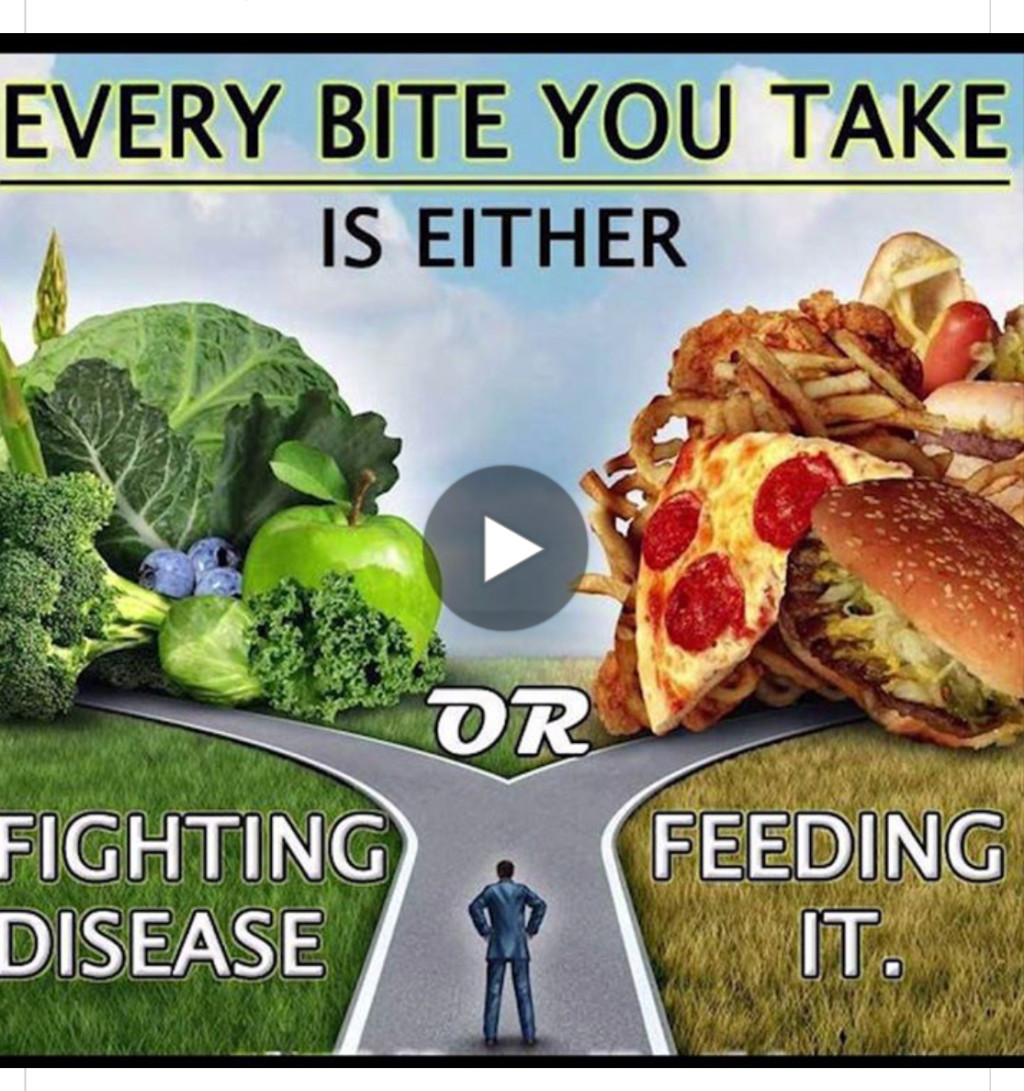My life shifted drastically over 15 years ago when my dad was diagnosed with congestive heart failure. He spent over a month in the hospital, and many days and nights not knowing what the next day would bring. Up until then, he was overworked, stressed out, and had horrible eating habits. Thankfully, he made it home, and today, at 71-years-old, he has learned how to eat, exercise, and manage stress for the most important muscle: his heart.
Genetics plays an integral part in our makeup; it’s something we have little control over. But, our lifestyle is completely up to us. This, I am a firm believer in. And that’s exactly why, as a 35-year-old wife and mother of three, I care so much.
New Year, New “Plan”
As we start off the new year with new intentions or resolutions, many of us vow to get “healthy.” For most of us, this means losing weight, eating healthier, and getting to the gym. All admirable and great choices. As the year goes on, however, our motivation may start to decrease, and we often lose track of why we started in the first place. Life takes over. Families, relationships, and our careers start to fill the space we thought we had for getting “healthy.” We struggle with time. When can I workout? At what point in my day can I make meals for my family that are healthy? I know the overwhelming feeling and the stress, but I have learned how to manage it by taking small steps.
Small Steps, Big Changes
There is a misconception that heart disease is a “man’s disease.” But, did you know that heart disease is the NUMBER ONE killer of women? Men and woman alike are affected by heart disease. According to the CDC Fact Sheet, most of the time there are no symptoms. I don’t know about you, but that scares me to the core.
Knowing my family history, I felt scared and didn’t know where to start. Starting with your doctor and getting a physical, a full workup, and a cardiovascular panel is a simple start. The numbers don’t lie! If something is off or borderline, question it, research it, and be your own advocate. The bloodwork will reveal what can be improved with diet and lifestyle, most of which will have a great effect on the numbers in a positive way.
Changing your eating habits is hard. Very hard. Maybe you choose to have an apple or orange over a bag of chips on your way home from work? Or perhaps trying a creamer in your coffee that is not sweetened would be a good choice? Small steps. Big changes.
Screening Is Your Best Defense
To reduce your chances of getting heart disease, it’s important to:
- Know your blood pressure. Having uncontrolled blood pressure can result in heart disease. High blood pressure has no symptoms, so it’s important to have your blood pressure checked regularly.
- Talk to your healthcare provider about whether you should be tested for diabetes. Having uncontrolled diabetes raises your chances of heart disease.
- Quit smoking.
- Discuss checking your cholesterol and triglycerides with your healthcare provider.
- Make healthy food choices. Being overweight and obese raises your risk of heart disease.
- Limit alcohol intake to one drink a day.
- Lower your stress level and find healthy ways to cope with stress.
Heart Healthy Recipes
All of the links below will lead you to a heart-healthy page with several links to recipes you can start making today:
Follow this link below, and take action of your health:












